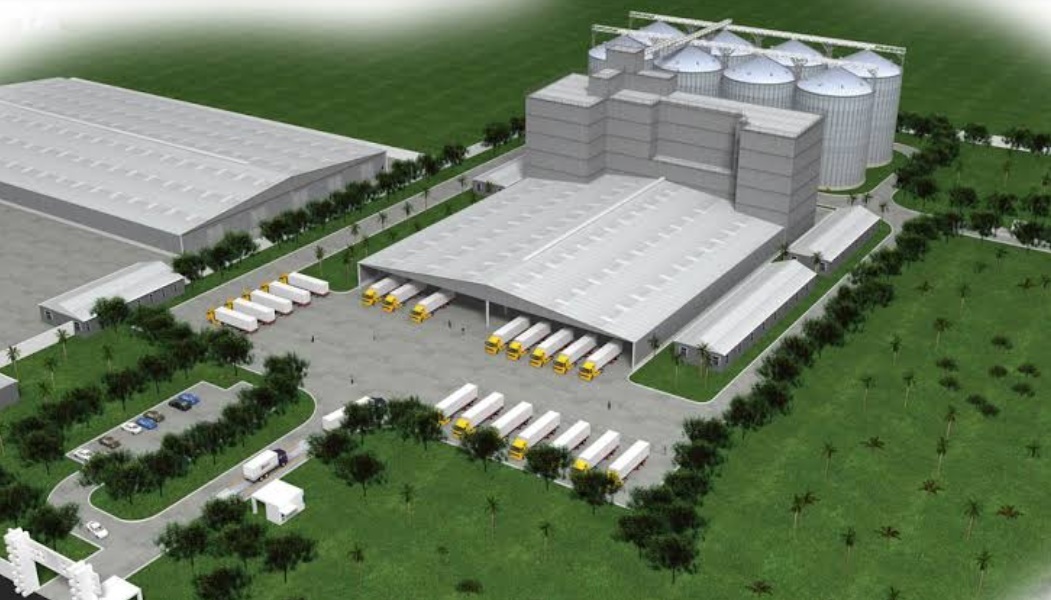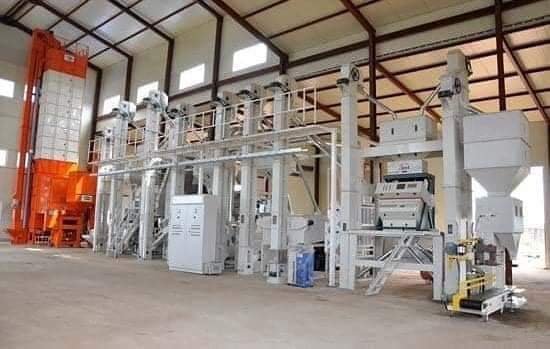The Third Biggest Rice Mill in the World – The Imota Mill Guarantees Economic Development and Job Creation in Lagos State, as it nears Completion
Following the closure of Nigeria’s land borders by the federal government of Nigeria in August 2019, the local production of rice and other staple foods by indigenous farmers have increased rapidly, thereby generating high economic returns in the country. Since the mandatory closure across all the borders in the country, several rice mills have been birthed while struggling ones have been revived in various rice-producing states in Nigeria.

To upscale food production, the Lagos State ministry has advocated diverse agricultural schemes, treating agriculture as both an economy booster and as a development platform. These initiatives have raised strategic partners and stimulated investments in the state.
Read Also: Lagos-Ibadan Standard Gauge Rail Project
One of the several developments registered from the spring of rice mills in Nigeria is the expansion of the Imota rice mills in Ikorodu, Lagos State from the production of 2.5 metric tonnes per hour to the production of 32 metric tonnes hourly. This development has attracted operators in the private sectors to invest in rice processing.

Currently, the Imota mill, described as the third biggest rice mill in the world nears completion and will become the largest in sub-Saharan Africa, with the production of 2.5 million bags of 50kg rice annually. So far, about 800 Lagos farmers have been engaged to support the paddy supply from Kebbi State, based on Lagos state’s collaboration with other states and the Rice Farmers Association (REFAN).
Some of the benefits of the mill development will include the extensive supply of freshly processed rice across Nigeria as well as the creation of more than 250,000 job opportunities in both the upstream and downstream sectors of the rice value chain.
The vision to enhance stable food supply in Lagos state is not unconnected to the current administration’s T.H.E.M.E.S development agenda which incorporates Traffic management and transportation, Health and Environment, Education and technology, Making Lagos a 21st-century economy, entertainment, and tourism as well as security.
The mill development is in line with the Lagos State’s aim to fulfil its target of producing not less than 25% of the food consumed by residents of the state before the end of the year 2025. The present focus on rice mill development will ensure food security and improved nutrition for Lagosians, as well as create massive job opportunities on operation.
